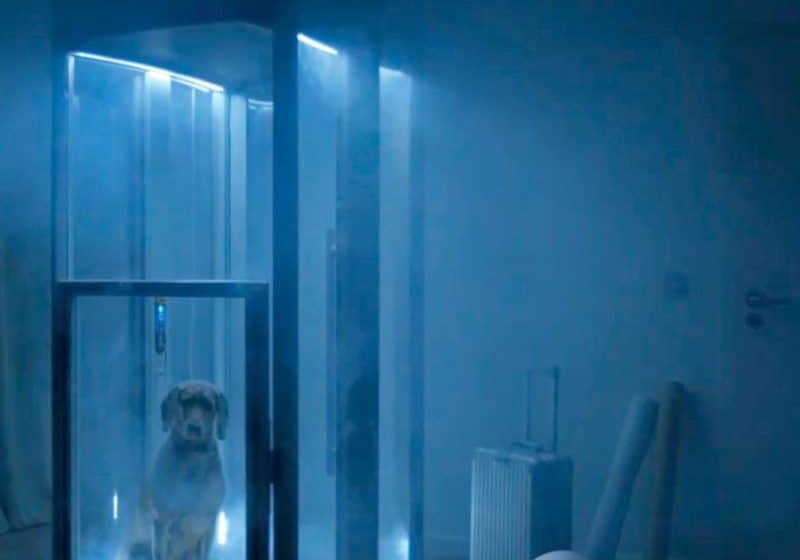Recently on social media, I’ve noticed some misunderstandings about the roles and responsibilities of certain stakeholders in our industry. In particular, misunderstandings concerning the roles of the competent person undertaking statutory examinations under Regulation 9 of Lifting Operations & Lifting Equipment Regulations 1998 (LOLER) and those of the authorising engineer (AE) under Health Technical Memoranda (HTM) requirements in healthcare situations.
I recently used this column to talk about “marking your own homework” when it comes to maintenance personnel undertaking LOLER thorough examinations. I thank those who contacted me or responded on this topic. For the record, I was not questioning the competence of the persons undertaking the thorough examinations but, rather, their independence. I remember years ago when I was on the tools, a new fitter who joined the company I was working with questioned the fact that he was expected to test the lift he had just modernised, and complained that it wouldn’t be a truly independent verification of his own work. That wasn’t quite how he described it, as his adjectives were more like expletives, but I knew what he meant.
When it comes to the competent person under LOLER, they often get referred to as the “insurance inspector,” but that is outdated terminology. Whilst it is often the case that they are employed by companies whose names are associated with the insurance industry, the role they are undertaking is one of a competent person.
The social media I referred to earlier was quite damning of “the insurance inspector,” in that it claimed the report was simply a copy of the previous report, and that the items had been corrected. But now, the client was disgruntled with the maintenance contractor, preferring to believe the report from the inspection body.
I have a valid LOLER certificate” isn’t a sufficient defence in law if the person you employed turns out to be incompetent.
Unfortunately, engineer surveyors (aka competent persons) can be arrogant. I recently experienced this when I asked for a report to be corrected, as there was an obvious incorrect statement, but they refused. I simply made the client aware that they have responsibilities. If you have concerns about the competence of the person undertaking your LOLER thorough examination, you should complain formally to the organisation he or she works for, as it is your responsibility to make sure the person is competent. If there was an accident, you could find yourself in the arms of solicitors, barristers or even a judge, justifying why you employed them.
When it comes to the competent person under LOLER, they often get referred to as the “insurance inspector,” but that is outdated terminology.
The approved code of practice issued by the HSE for LOLER states:
“You should ensure that the person carrying out a thorough examination has such appropriate practical and theoretical knowledge and experience of the lifting equipment to be thoroughly examined that will enable them to detect defects or weaknesses and assess their importance in relation to the safety and continued use of the lifting equipment.”
This is a perfect description of the role of the competent person. In short, “I have a valid LOLER certificate” isn’t a sufficient defence in law if the person you employed turns out to be incompetent.
The next role that has come up in social media is that of the AE under HTM 08-02. Under this role, the AE will:
- Act as an independent professional advisor to the healthcare organisation. The AE should be appointed by the healthcare organisation.
- Act as an assessor and make recommendations for the appointment of the other roles under HTM, such as authorised persons, designated persons, lift stewards, etc.
- Possess necessary independence from local management to take action with the HTM guidance, including the implementation, administration and monitoring of the safety arrangements in BS 7255 (safe working on lifts). What is important, and non-negotiable in the HTM document, is that the AE must be a chartered engineer.
Whilst I am sure this will stir debate within the lift industry, the document — which is an NHS document — specifies that chartered status is required. I am often surprised that NHS Trusts employ unqualified staff, despite their own document.
Get more of Elevator World. Sign up for our free e-newsletter.








